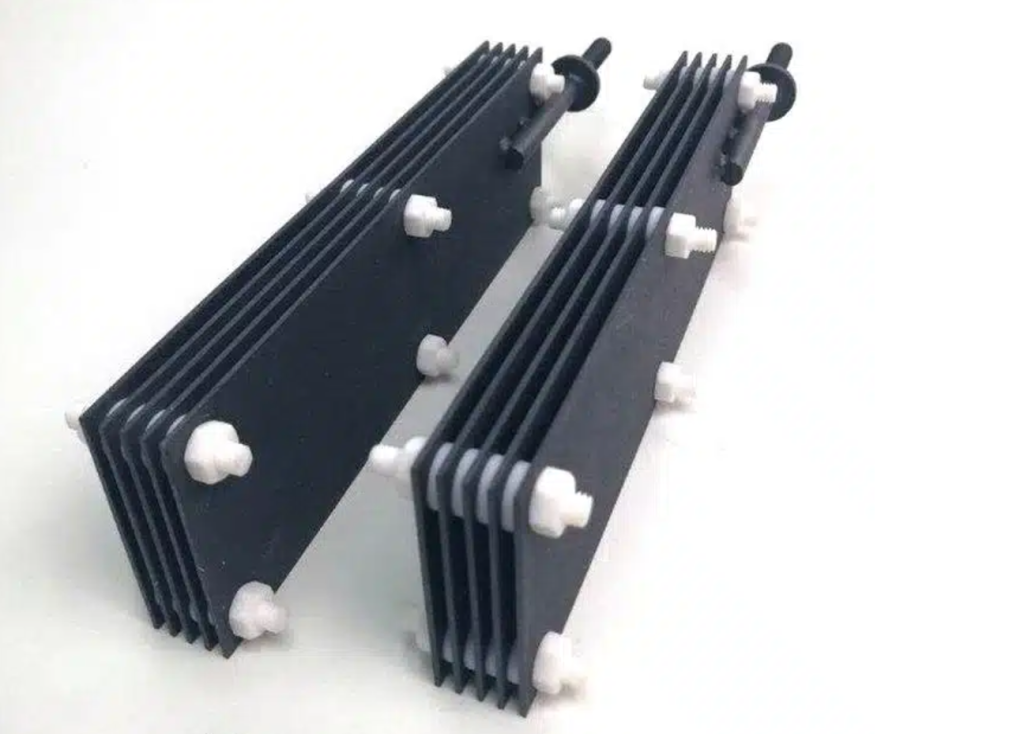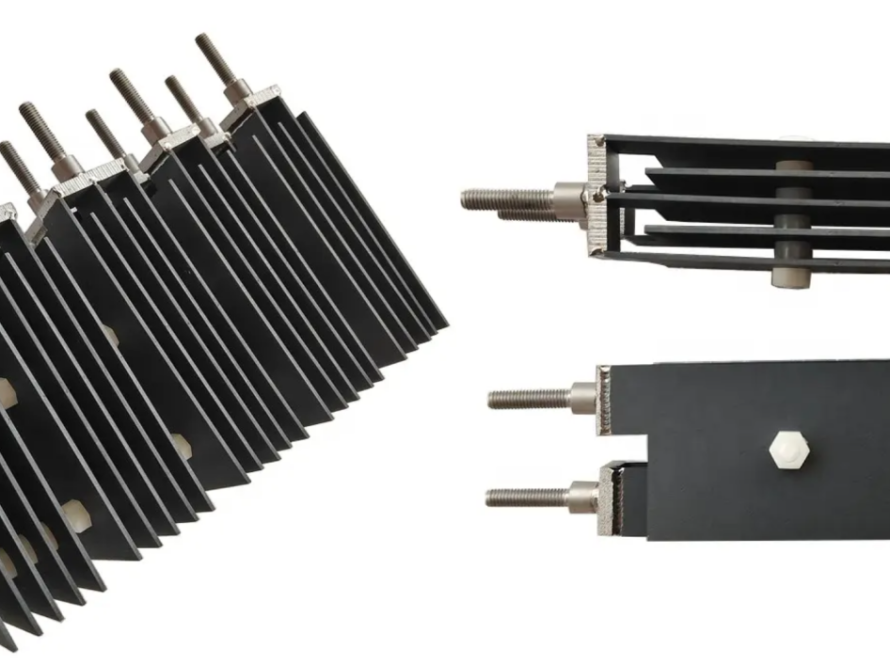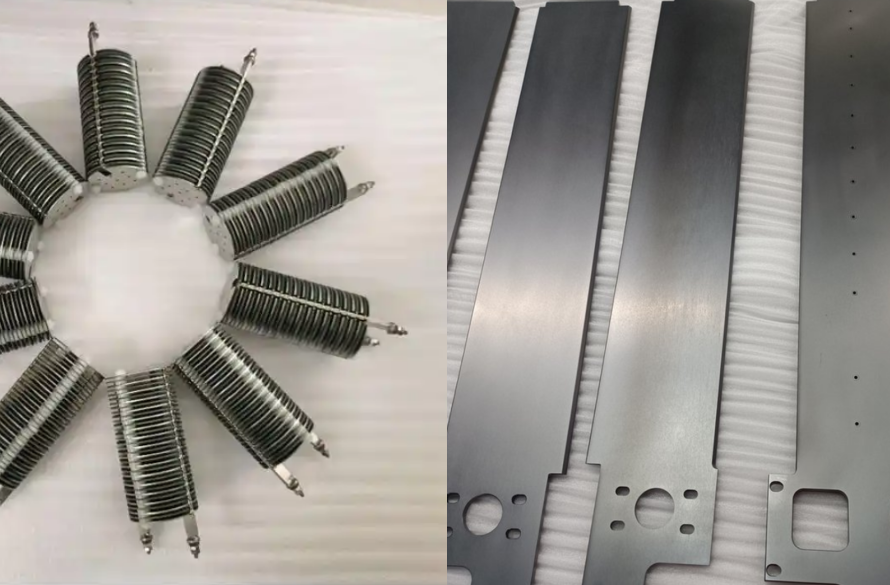
What is a Titanium-Vanadium Alloy Electrode?
A Titanium-Vanadium Alloy Electrode is an innovative material composed primarily of titanium (Ti) and vanadium (V), often produced via electrodeposition from molten salt baths (e.g., LiCl-KCl mixtures). This alloy combines the mechanical strength, corrosion resistance, and electrochemical stability needed for critical industrial uses.
Key Features and Benefits
✅ Superior Corrosion Resistance
Especially effective in aggressive chloride or acidic environments, ideal for electrochemical reactors.
✅ Excellent Mechanical Strength
The fine-grained microstructure and β-phase dominance deliver high toughness and durability under stress.
✅ Electrocatalytic Activity
Enhanced surface area (often cauliflower-like or dendritic) offers excellent catalytic performance for electrochemical reactions.
✅ Controlled Alloy Composition
Adjustable Ti/V ratios allow fine-tuning of electrode performance for specific processes.
✅ Thermal and Structural Stability
Performs reliably at elevated temperatures with minimal phase change or deformation.
Applications of Titanium-Vanadium Alloy Electrodes
Electroplating and Electroforming: High-strength base material for decorative and functional coatings
Water Electrolysis and Wastewater Treatment: Resistant to scaling, corrosion, and fouling
Hydrogen Production: Serves in anode or cathode roles for green hydrogen generation
Battery and Energy Storage: Promising as a current collector or catalytic surface in advanced battery systems
Industrial Electrolysis: Durable for long-term use in harsh industrial electrochemical cells
Advanced Manufacturing Process at Ti Time Company
Titanium Substrate Processing – High-purity titanium is shaped and treated for uniform surface activation
Electrodeposition of Ti-V Alloy – Precise control of voltage, current, and molten salt chemistry ensures alloy quality
Microstructure Optimization – Post-treatment and thermal conditioning refine the β-phase and grain boundaries
Testing & Customization – Each electrode undergoes microstructural, corrosion, and conductivity testing before shipment
FAQs – Titanium-Vanadium Alloy Electrode
What advantages does vanadium bring to titanium alloy electrodes?
Vanadium enhances the β-phase stability, mechanical toughness, and electron transfer efficiency, especially for electrochemical applications.
Can Ti Time customize the Ti-V ratio based on my application?
Absolutely. We offer tailored Ti/V compositions and coatings depending on the required performance (e.g., corrosion resistance, conductivity).
Are these electrodes suitable for green hydrogen production?
Yes, our Ti-V electrodes are suitable for electrolyzers in water-splitting systems, especially under alkaline or acidic conditions.
What surface morphologies can be achieved?
We offer dendritic, cauliflower, or smooth finishes based on the desired surface area and catalytic function.
Do you provide R&D samples for pilot testing?
Yes, Ti Time provides lab-scale samples and works with industrial partners in joint development programs.



